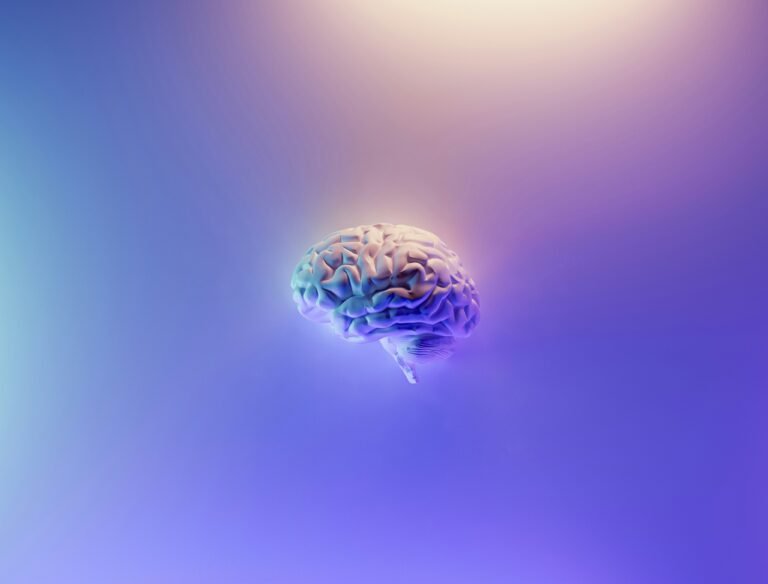Photo by Milad Fakurian on Unsplash
When you’re struggling with addiction, finding a way out can feel confusing. Maybe you’ve tried to quit before, but those efforts didn’t work out as you’d hoped. You might be wondering why it’s so hard to escape the grip of addiction, why staying sober seems like an uphill battle, and whether a longer treatment program could finally make a difference. The truth is that addiction changes how your brain works physically. This is why longer-term rehab is often the key to lasting recovery.
Addiction and Your Brain: Why Healing Takes Time
Imagine your brain as a complex system of pathways connecting thoughts, emotions, and actions. When addiction takes hold, it rewires these connections, causing your brain to rely on substances for pleasure, relief, or even just to feel “normal.” The more frequently you use, the stronger these pathways become, leading to intense cravings and making it harder to break free. The pleasure and reward center of your brain, responsible for making you feel good, plays a major role here. Normally, this part of your brain releases feel-good chemicals like dopamine when you experience something positive, like a delicious meal or a meaningful conversation.
However, addictive substances flood this area with high levels of dopamine, tricking your brain into feeling a pleasure overload. Over time, this “shortcut” to happiness becomes your brain’s primary focus, and it craves the substance more than anything else. If you’re residing around New Jersey, you have access to extended rehab programs in NJ designed to help break these deeply embedded patterns. Programs like these provide the specialized, long-term support your brain needs to reset, heal, and find balance, giving you the foundation to rebuild a healthier life.
The Benefits of Extended Rehab for Brain Recovery
Extended rehab programs, which typically last 60 days, 90 days, or even longer, provide the necessary time and structure to allow your brain to start healing. But why is time so important in recovery? Let’s break it down:
Rebuilding Neural Pathways
The changes addiction causes in your brain don’t reverse overnight. In an extended rehab program, you have the time to begin re-establishing healthier pathways through consistent routines, positive interactions, and structured therapy sessions.
Strengthening Decision-Making Skills
Addiction weakens the parts of your brain responsible for decision-making and impulse control, making it harder to resist urges. Extended rehab allows you to rebuild these skills gradually.
Addressing Underlying Mental Health Issues
Many people with addiction also struggle with mental health challenges, like depression or anxiety. Extended rehab programs focus on these underlying issues through therapies that address both addiction and mental health together. Treating these conditions side-by-side is essential because they often fuel each other.
Reducing Triggers and Cravings
Your brain connects certain people, places, or activities with substance use, creating “triggers” that can be hard to resist. Extended rehab offers a trigger-free space where you can learn to cope with cravings and build resilience against these triggers in a safe environment. Gradually, your brain learns to weaken these associations, helping you better handle cravings when they arise.
Building Healthy Habits for Lasting Change
Extended rehab isn’t just about stopping substance use; it’s about creating a whole new lifestyle. During your time in treatment, you’ll develop daily routines, discover healthy outlets for stress, and learn ways to build positive relationships.
How Extended Rehab Programs Provide the Structure You Need
One of extended rehab’s most valuable aspects is its consistent, supportive structure. This structure helps your brain form and practice new, healthier habits. In a typical extended program, you’re surrounded by professionals and peers who understand your journey and provide the guidance and encouragement you need.
Combining therapy, counseling, group support, and a stable daily routine creates a steady rhythm important for brain recovery. The brain thrives in environments with predictability and support, especially when it’s working to rewire itself.
Finding Hope and Healing Through Extended Rehab
Healing from addiction is a journey that requires patience, commitment, and support. Extended rehab programs are about equipping you to face it. In a long-term program, you’re given the tools, skills, and strategies to build a new, fulfilling life free from addiction.
Imagine the peace of mind that comes with knowing you’ve given yourself the best possible foundation for recovery. By committing to an extended rehab program, you’re giving your brain the time it needs to truly heal and setting yourself up for a future where sobriety feels achievable and sustainable.
Final Thoughts
If you’re feeling trapped in a cycle of addiction and are tired of struggling, then an extended rehab program could be the solution you’ve been looking for. It’s okay to need time to heal. Reach out to a treatment center today and ask about their extended rehab options because you deserve the chance to fully heal and rediscover the life you were meant to live.

Daniel J. Morgan is the founder of Invidiata Magazine, a premier publication showcasing luxury living, arts, and culture. With a passion for excellence, Daniel has established the magazine as a beacon of sophistication and refinement, captivating discerning audiences worldwide.





